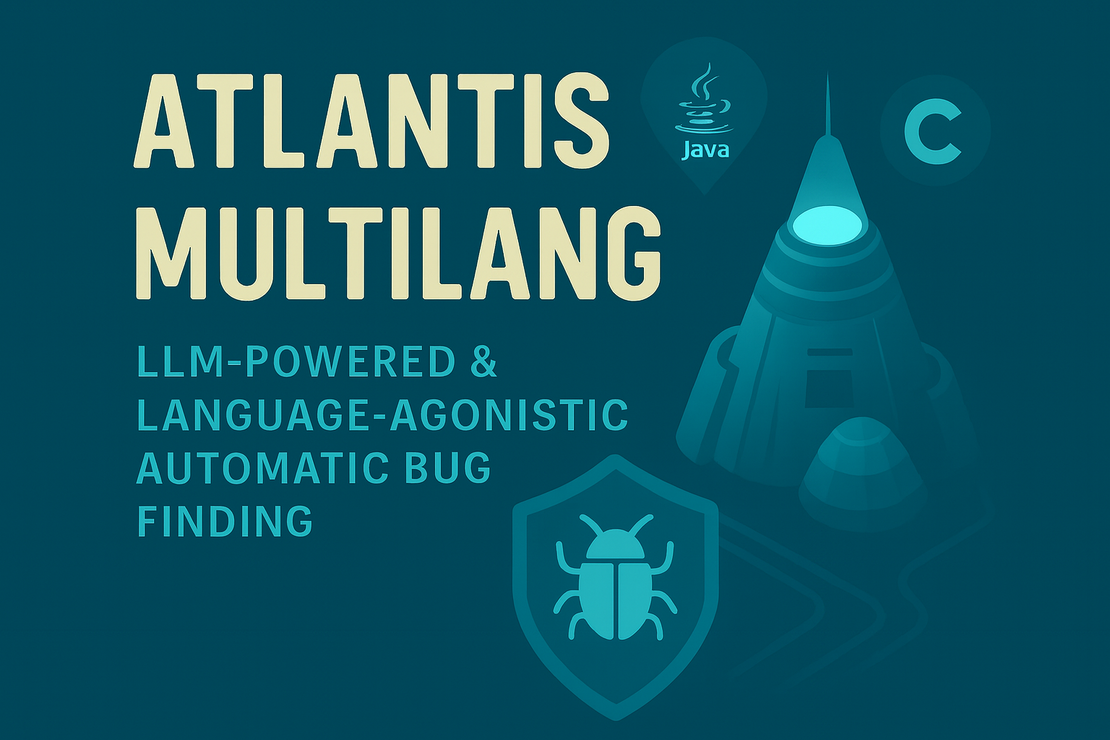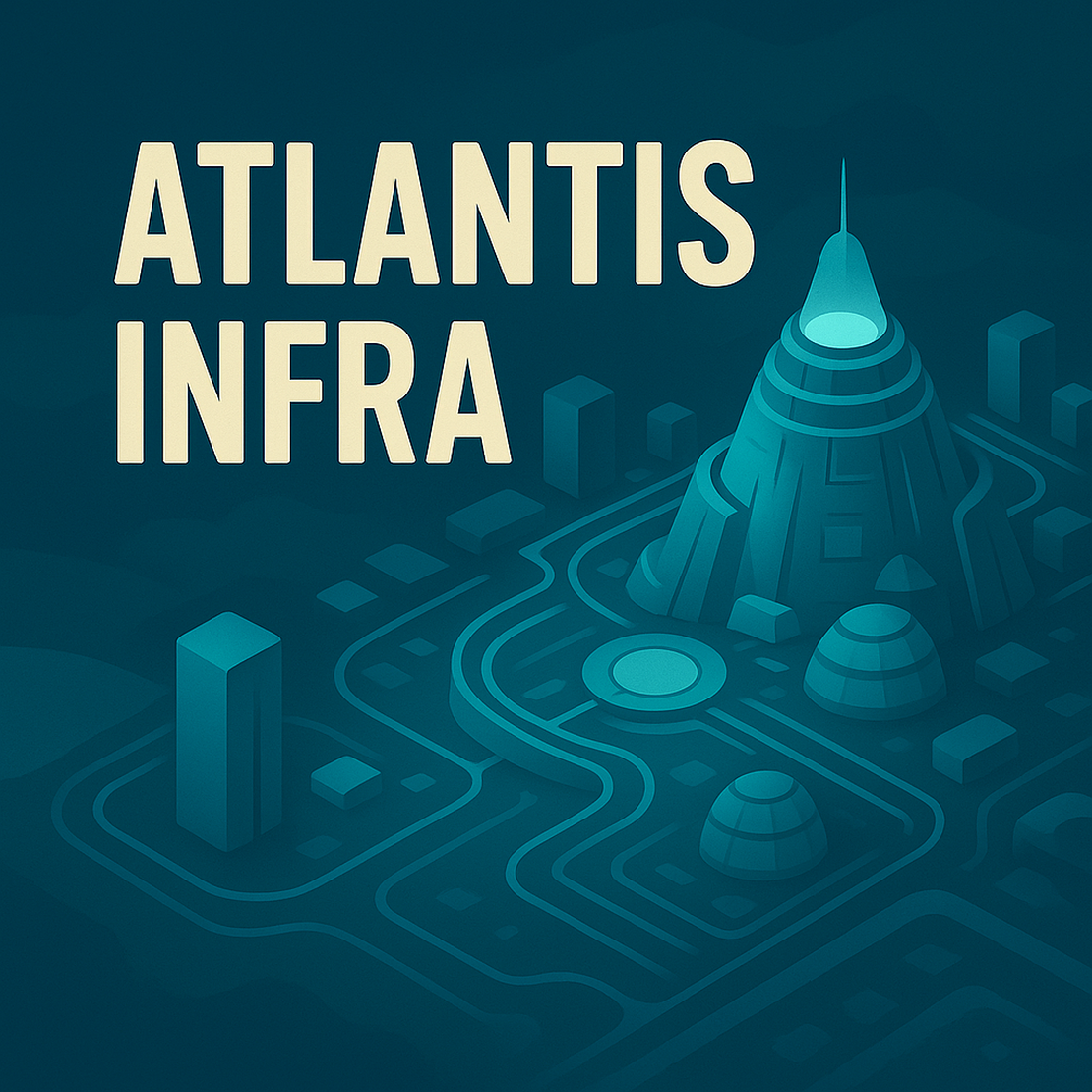
HyungSeok Han
Multilang Team Lead
Infra Team Lead
Samsung Research America

Atlantis-Multilang (UniAFL): LLM-powered & Lauguage-agonistic Automatic Bug Finding
Atlantis-Multilang == UniAFL Atlantis-Multilang is a fuzzing framework called UniAFL, designed to LLMs for fuzzing across multiple programming languages. Unlike Atlantis-C and Atlantis-Java, it avoids language-specific instrumentation and is intentionally built to be as language-agnostic as possible — both in design and execution. Despite this broad and general approach, UniAFL proved to be highly effective in the AIxCC finals, contributing to 69.2% of all POV (Proof-of-Vulnerability) submissions. This result highlights not only the flexibility of its design but also its strong performance in practice. In this post, we’ll walk you through how we pulled it off, why we made these design choices, and what made UniAFL so effective in practice.

Atlantis Infrastructure
The AIxCC competition is not just about creating automated bug-finding and patching techniques – it is about building a cyber reasoning system (CRS) that can do both without any human assistance. To succeed, a CRS must excel in four critical infrastructure areas: Reliability: Run continuously for weeks without intervention. Scalability: Handle many challenge projects concurrently. Budget Utilization: Maximize Azure cloud and LLM credit usage. Submission Management: Consistently deliver valid proof-of-vulnerability blobs (POVs), Patches, SARIF assessments, and Bundles. In this post, we will share how we designed the infrastructure of our CRS, Atlantis, to meet these keys and make it as robust as possible. We could not have won AIxCC without the exceptional work of our infrastructure team.